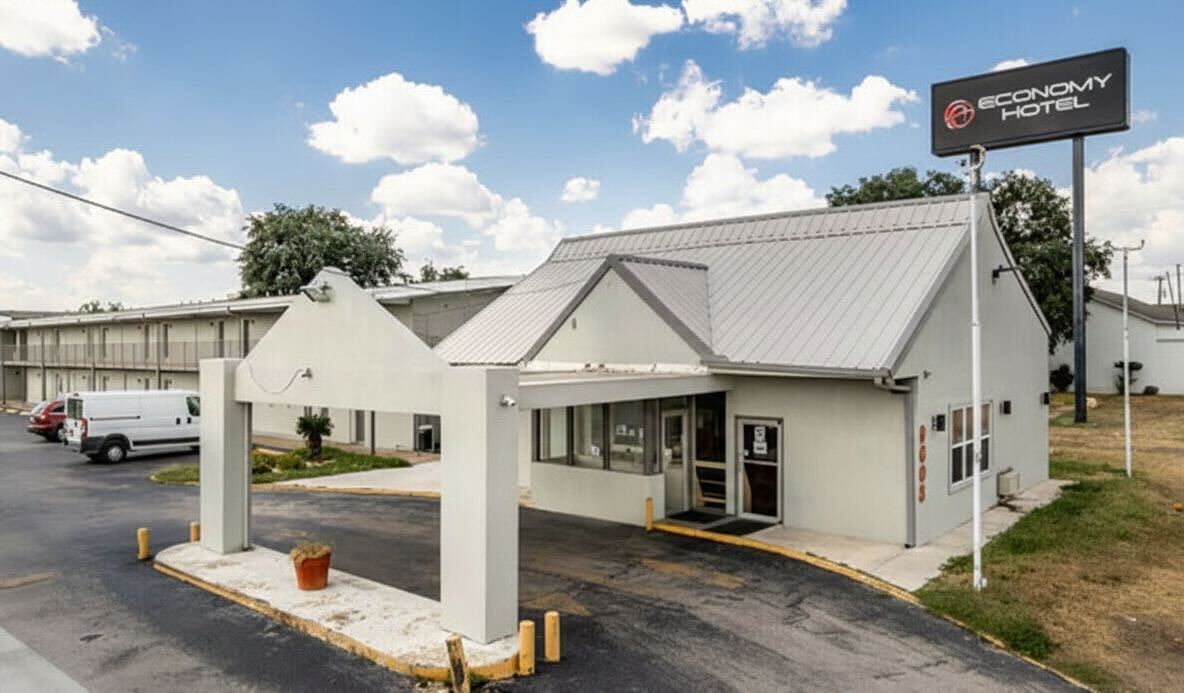The Vital Role of Affordable Accommodation in Metro Atlanta's Growth
In the bustling expanse of Metro Atlanta, a region celebrated for its dynamic culture, economic vitality, and diverse population, the significance of affordable accommodation cannot be overstated. As the city continues to expand, the demand for inclusive housing solutions that cater to all income levels becomes increasingly critical. Affordable accommodation stands at the intersection of economic growth, playing a key role in shaping a more inclusive Atlanta.
Bridging the Gap in a Booming Economy
Metro Atlanta's economy is a powerhouse, marked by rapid growth in sectors like technology, logistics, and media. However, this economic boom brings with it a surge in living costs, making it challenging for low- to middle-income individuals and families to find affordable housing within the city. Affordable accommodation serves as a crucial bridge, ensuring that the workforce powering Atlanta's growth can live close to their places of employment, thereby reducing commute times, enhancing quality of life, and fostering a sense of community.
Encouraging Economic Participation and Stability
By providing affordable accommodation, Metro Atlanta can ensure that its residents are not burdened by disproportionate housing costs, freeing up income for other essentials like food, education, and healthcare. This economic stability is beneficial not just for individuals but for the entire metro area, as it encourages consumer spending and supports the health and well-being of the community. Moreover, affordable housing initiatives can stimulate job creation in the construction, maintenance, and management sectors, further contributing to the region's economic dynamism.
The Path Forward
The importance of affordable accommodation in Metro Atlanta is clear—it is a foundational element for a thriving, inclusive, and sustainable urban environment. Moving forward, it is imperative for policymakers, developers, and community organizations to collaborate on innovative housing solutions that address the needs of the city's diverse population. Initiatives might include mixed-income housing developments, incentives for affordable housing projects, and the preservation of existing affordable units.
In conclusion, affordable accommodation is not just a housing issue; it's a catalyst for economic growth, social equity, and environmental sustainability. As Metro Atlanta continues to evolve, prioritizing affordable housing will ensure that the city remains a vibrant, diverse, and welcoming place for all who call it home. By doing so, we can all contribute to building a stronger, more inclusive future for Metro Atlanta.
This is paragraph text. Click it or hit the Manage Text button to change the font, color, size, format, and more. To set up site-wide paragraph and title styles, go to Site Theme.












